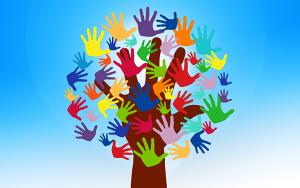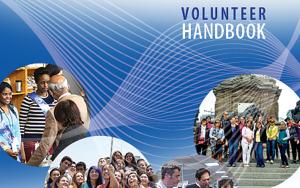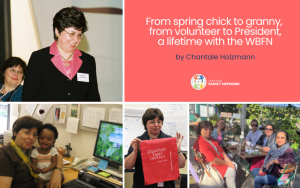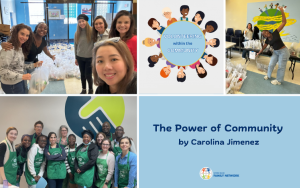
The World Bank Group Family Network is very proactive when it comes to supporting victims affected by gender-based violence and as a community that is made up of individuals coming from many countries it is our responsibility to understand that varying triggers of gender-based violence as climate change which has become a major concern. Climate change has varying degrees of impact on the earth and its inhabitants. While the outcome is the same for everyone, women are often disproportionately affected, exacerbated by male-dominated decision-making processes. This does not take away from the fact that gender-based violence affects males and females and at the WBGFN we support all GBV victims.
Human activities, such as the burning of fossil fuels, have increased temperatures, according to the United Nations. At present, the earth is, in fact, 1.1 degrees warmer than it was in the 1800s. This 1.1 degree may seem insignificant, but the consequence of this includes prolonged droughts, water shortages, fierce fires, and flooding, to mention a few. Before and after natural disasters occur, there are many instances when women will find themselves exposed to high-risk situations. Some of the challenges women faces are energy poverty, food, and water insecurity, violence, and climate change illiteracy—in a flood emergency, women are sometimes unable to swim to safety and drown. Women face "barriers when accessing information or the communications necessary for safety in a disaster," and they may lack access to land titles and permissions for climate change adaptation technologies[1]. Women also bear the costs generated by climate change and the inequalities related to ownership and control of household assets, and the increased family burdens because of declining food and water access and male out-migration[2]. Finally, women typically perform tasks that expose them to violence, such as collecting food, firewood, and water or working in highly male-dominated environments increasing the likelihood of being violated.
As temperatures increase, so do the instances of violent interactions, driven by the decline in agricultural production, industrial outputs, and political stability. Strong evidence has been found that climatic events change the frequency or intensity of human violence, and more specifically, increased rates of various types of personal violence such as violent crimes and domestic violence[1].
While most climate-induced gender-based studies are conducted in Africa or developing nations, we must provide a balanced view of the hidden disaster and avoid feeding the biased "poor helpless African woman" narrative. This is to say the problem is not a "them" problem; it is, in fact, a global problem with gender-based violence already costing the world 2% of the global GDP at $1.5 trillion. Climate change-induced gender-based violence has the potential to inflate this cost over the coming years dramatically.
In Uganda prolonged droughts, force women and girls to make longer journeys in search of food and water, increasing their vulnerability to sexual predators. For example, farmers or landowners insist on trading sex with women for food or rent, even when the women try to negotiate with labor instead. In the home, women are sexually assaulted by intoxicated partners relying on alcohol as a coping mechanism when they decline intimacy after a long day of searching for food or water—and daughters are being married off to better cope with food scarcity.[2]
In the Pacific Islands, domestic violence cases increased by 300% after two tropical cyclones hit the Tafe province of Vanuatu. In comparison, 68% of the women in Tonga experienced non-partner physical and or sexual violence post climatic event changes.
In Australia, following the Queensland floods in 2010 and 2011, health service providers reported increased requests from women attacked by their partners, as was the case in Victoria after the 2009 bushfires[3]. Service providers also noted an increase in drug and alcohol-related attacks on women after a drought and other non-physical forms of violence such as denying access to finance or the right to leave the household.






